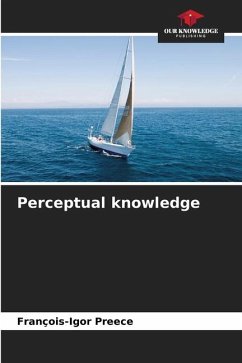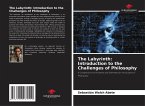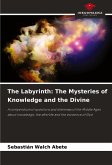We offer an overview of the epistemological disjunctivisms of Duncan Pritchard and Alain Millar and their critique by Christoph Kelp within a synthesis of first-knowledge-epistemology and ability epistemology. All approaches, including Kelp's, have their shortcomings. To address them, it is proposed that paradigmatic perceptual knowledge should be treated by starting from an analysis of Wittgenstein's notion of axial proposition. In addition, despite Timothy Williamson's criticism of Wittgensteinism, the Wittgensteinian treatment is compatible with a "pure" first-knowledge-epistemology, which we believe is a more fundamental approach than the other approaches. We combine Williamson's epistemology and Wittgenstein's second philosophy. The fundamental epistemic rule (norm) for opinion is knowledge. We believe that the so-called Getye cases have primarily a conceptual status. They indicate that the standard definition of knowledge as true valid opinion is missing something. We define knowledge as a "successful" opinion, that is, a true justified opinion, provided that the epistemic "gap" between justification and fact is closed "pragmatically" in the sense of the problem of following a rule.
Bitte wählen Sie Ihr Anliegen aus.
Rechnungen
Retourenschein anfordern
Bestellstatus
Storno








